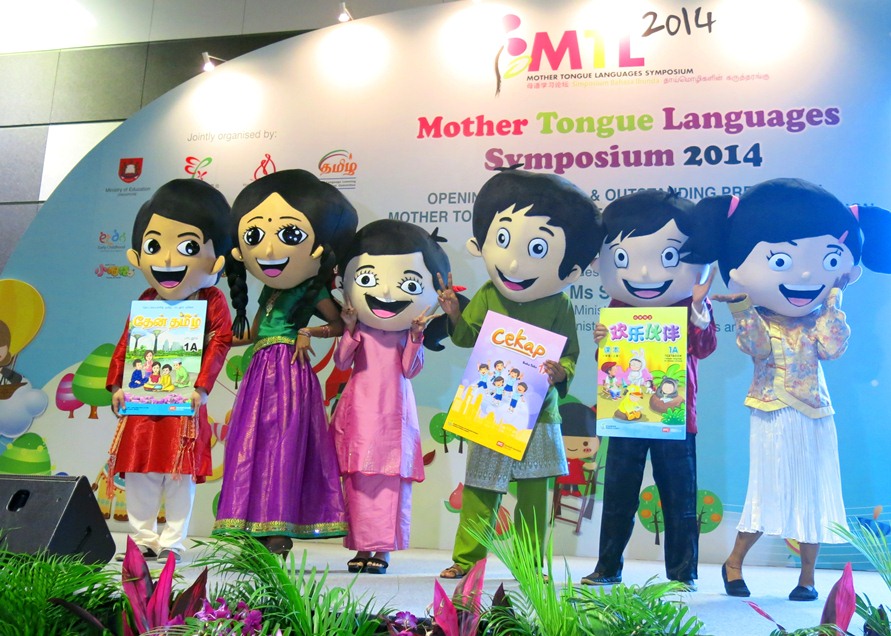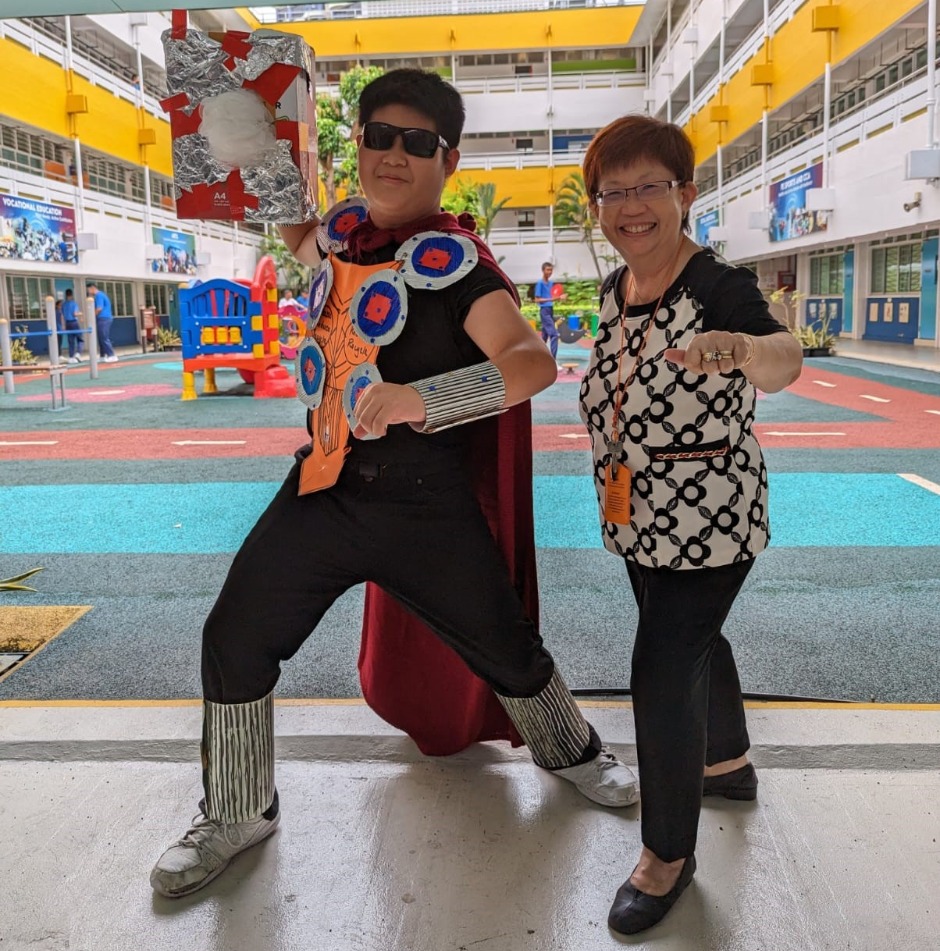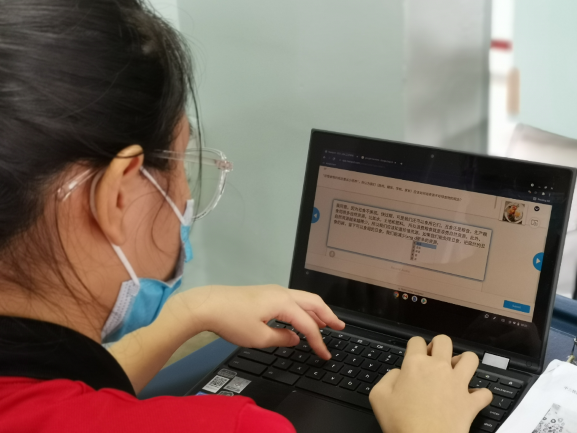New Mother Tongue Languages Curriculum in 2015
09 Sep 2014

For Primary One students next year, a new curriculum will be introduced for Mother Tongue Languages (MTL) to develop them to become confident and effective communicators. The syllabus will be progressively rolled out to the Primary Six level in 2020.
“We want our students to gain confidence in the use of mother tongue and we also hope to encourage them to have a love for learning, said Minister of State for Education Sim Ann.
In the new curriculum, a set of story characters of similar age as our students will be depicted in relatable real-life situations to better engage students in their learning and encourage them to use their mother tongue language on a regular basis. As role-models of mother tongue language use, the characters will appear in Big Book stories and multimedia animations and “grow up” alongside students.
For example, in the Malay Language syllabus, one of the characters, Adi, loses his water bottle. Through this familiar scenario, Primary One students would learn useful vocabulary, sentence structure as well as soft skills on how to deal with the problem.
Ms Zurina Yahya, a Malay Teacher at Da Qiao Primary School, one of the 42 schools that tested out the new syllabus for at least two weeks, shared that she also conducted a session of Show and Tell, so students could talk about their personal experiences.
Parents also gave feedback on the effectiveness of the new curriculum. Mrs Loo Leng Leng, 39, said: “Previously, my daughter would seldom talk to me about what she learnt in school. But during those two weeks, she told me what she had learnt and even sang me a Chinese song taught in class.”
Building oral skills is one of the recommendations of the 2010 MTL Review Committee, which the new curriculum is aligned with. Two new learning outcomes – oral interactive and written interactive – aim to teach communication skills. For example, students will learn to hold a conversation and write reply.
Interactive activities such as role-play and situational dialogue will also be used to encourage two-way communication. In Tamil lessons, teachers found that role-play required students to think inventively and creatively about the story, reinforcing what they had learnt. To make learning fun and engaging for students, resources such as videos, animations, digital interactive games, flash cards and board games will also be a part of the curriculum.
“Because of this interactive approach, students see meaning in learning the Chinese Language. I think that this is the most important for their learning. It’s not just an exam-based language,” said Mdm Jasmine Ooi, a Chinese teacher at Ahmad Ibrahim Primary School.




.jpg)
